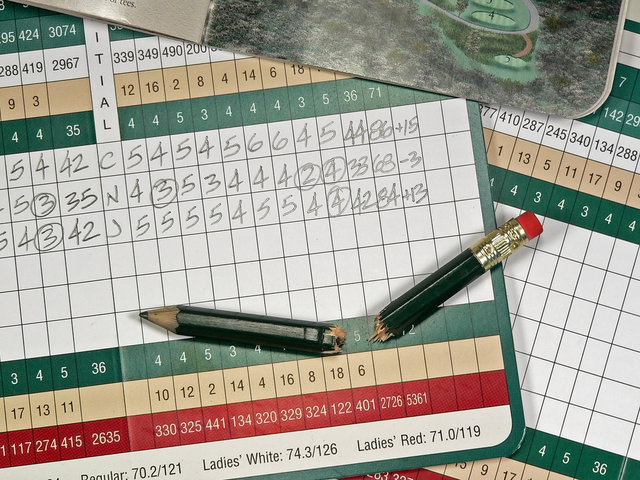In this year’s annual report, we share with you two articles exploring the massive changes taking place in China and Russia respectively: “Long Time Coming – The Prospects for Democracy in China” and “The Myth of the Authoritarian Model – How Putin’s Crackdown Holds Russia Back”
Preface by Kerr Neilson
In the early 1990s the standing observation in financial markets was that China was prioritising the modernisation of its economic system ahead of its political system. This was judged by many as sound when juxtaposed against Russia which at the time was doing the precise opposite. Boris Yeltsin, the first elected President was pushing through far-reaching reforms in a country that had a long history of despotic authoritarian leaders. This was achieved in the face of falling economic activity and rising inflation. The rise ofthe oligarchs was front page news as they hoovered up the privatisation certificates from disaffected and ignorant workers and then cemented their positions via cross holdings and large scale amalgamations. The concern at the time was how the benefits would accrue to the “average” Russian and how well indeed democracy would work.
China also presents a model of a government contending with the effects of its rapid economic growth, social change and the pressure for political reforms. There are more than cultural differences between the forms and processes of democracy envisioned by China’s leaders and those commonly enshrined in Western political systems. The popular media have tended to focus on the regressive and high-handed behaviour of China with dissidents and in Tibet. However, in contrast to Russia, the article, Long Time Coming – The Prospects for Democracy in Chinagives an interesting account of changes and growth in democratic forms and processes in China. The article details real changes that are taking place at an ideological and practical level that have significance and the potential to transform China to a modern pluralist liberal state.The full text of the article has been abridged here for reasons of space, but in 2006 in a visit to the United States, Premier Wen Jiabao enunciated three key components in China’s concept of democracy: elections, judicial independence and supervision based on checks and balances.
Apart from the CCP leadership addressing reform within the party, it is also encouraging to discover the forces that have been unleashed from market reform. Consider for example,the effect of 12,000 licensed legal firms whose commercial success will presumably hinge on their performance in court. Likewise the commercialisation of China’s press is resulting in the publication of material unpalatable to Beijing tastes and in stark contrast to the “information gathering” function of the official Xinhua News Agency.Things are not always as they seem, however. Forbes Asia ran an excellent story in its 21 July edition highlighting the practice of red envelopes. This is where journalists working for major media interests, or simply masquerading as journalists, extract hush money payment for NOT running stories on events such as coal mine accidents.
The article The Myth of the Authoritarian Model – How Putin’s Crackdown Holds Russia Back has, as its central contention, the argument that Putin’s underminingof the democratic gains of the early post-Communist years has created a society where despite strong economic growth, the outcomes for the average Russian on a whole range of measures mean that they are worse off today than a decade ago. Economic growth is principally attributed to the reforms arising from the end of communism and to the benefit of rising world oil prices. The blame for constraints on economic growth is put upon the concomitants of a more autocratic rule – more corruption, less secure property rights and transfer of formerly prosperous private companies to state controlled assets of diminished value. There are significant variables lurking close to the surface in this scenario. If oil is a key element to the prosperity of the people and the maintenance of Putin’s political power, then the effective management of this resource and the strategic deployment of profits to build infrastructure for longer term economic wealth is critical.
As Ivan Krastev1 points out, “Although Russia’s economy has performed well in the past 10 years, it is more dependent on the production and export of natural resources today than it was during Soviet times.” What the Western observer may ponder is the domestic stability and the direction of foreign policy in a regime that “offers its citizens consumer rights but not political freedoms, state sovereignty but not individual autonomy, a market economy but not genuine democracy.”
Another tyranny prevails in China – the legacy of the Cultural Revolution that bit deeply into the Chinese psyche and lingers in the personal connections and corruption that, not surprisingly, impede the reform process that is now in evidence.
With the world readying itself for massive changes in the balance of world power, we felt these articles would offer some insights. As an investor it has importantimplications for risk and potential reward. Whichever way it turns, surely the old orderwill be hard-pressed to dominate global debate…
Read the articles in Tyranny of Tradition
1 Krastev, Ivan, What Russia wants, The Australian Financial Review, 23 May 2008
DISCLAIMER: The above information is commentary only (i.e. our general thoughts). It is not intended to be, nor should it be construed as, investment advice. To the extent permitted by law, no liability is accepted for any loss or damage as a result of any reliance on this information. Before making any investment decision you need to consider (with your financial adviser) your particular investment needs, objectives and circumstances. The above material may not be reproduced, in whole or in part, without the prior written consent of Platinum Investment Management Limited.



